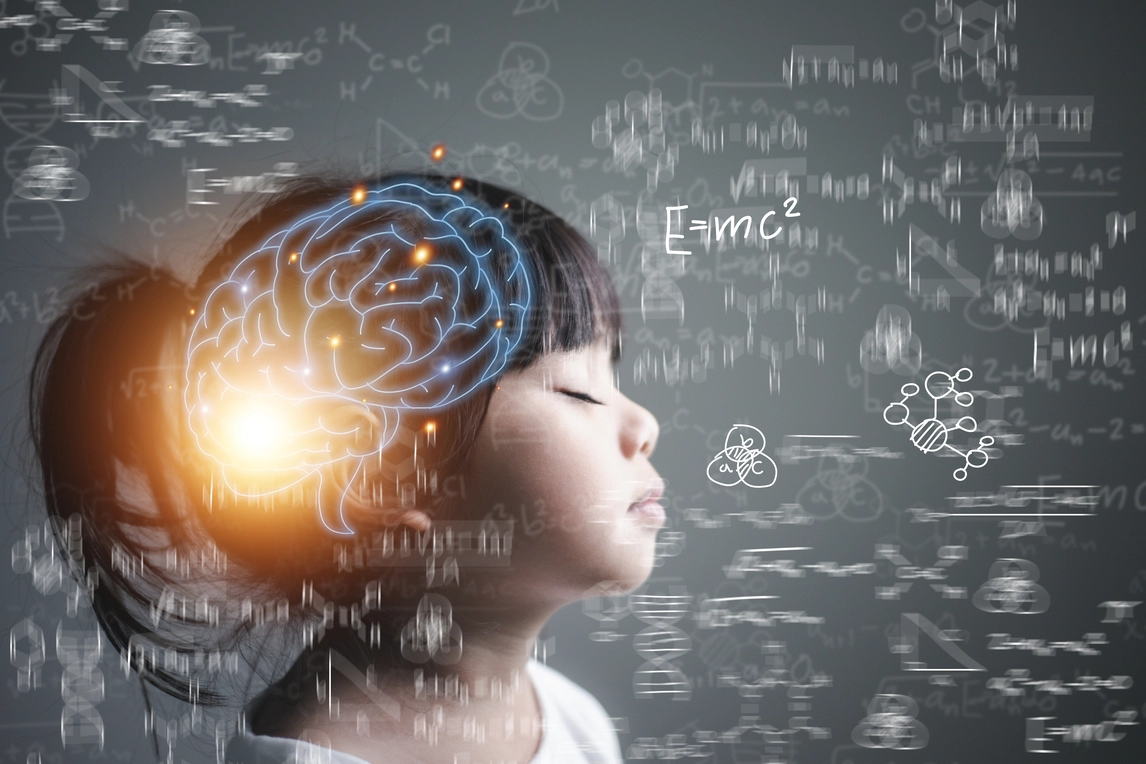The Science Behind Sensory Integration and Its Impact on Cognitive Development in Children

Sensory integration is the process by which our brains organize and interpret the sensory information we receive from our environment. It plays a critical role in our daily lives, impacting everything from the way we move to the way we learn and communicate. In this blog post, we'll explore the science behind sensory integration and its impact on cognitive development in children.
The Basics of Sensory Integration
Sensory integration is a complex process that involves multiple systems in the body, including the nervous system, musculoskeletal system, and sensory organs. It occurs in three stages:
- The body receives information from the environment through the sensory organs (such as the eyes, ears, and skin).
- Sensory processing: The brain interprets and organizes the sensory information, filtering out irrelevant stimuli and prioritizing important ones.
- Sensory output: The body responds to the sensory information, adjusting behavior and movements accordingly.
The Impact of Sensory Integration on Cognitive Development
Sensory integration has a significant impact on cognitive development in children. Here are some of the ways in which sensory integration supports cognitive development:
- Attention: Sensory integration is closely linked to attention, as it helps children to focus on relevant stimuli while ignoring distractions. This is particularly important for academic tasks such as reading and writing, which require sustained attention over time.
- Memory: Sensory integration can also enhance memory, as it helps children to organize and retain information. This is important for both short-term and long-term memory.
- Problem-solving: Sensory integration can improve problem-solving skills, as it helps children to process and interpret complex information. This is particularly important for tasks that require spatial awareness and visual-spatial reasoning.
- Language development: Sensory integration is also critical for language development, as it helps children to process and interpret the sounds and patterns of language. This is important for both receptive and expressive language skills.
- Social skills: Sensory integration plays a key role in social skills development, as it helps children to interpret social cues and respond appropriately to others. This is important for building positive relationships with peers and adults.
How to Support Sensory Integration and Cognitive Development in Children
There are many ways that parents and caregivers can support sensory integration and cognitive development in children. Here are some strategies to consider:
- Provide sensory-rich environments: Expose children to a variety of sensory experiences, such as different textures, sounds, and smells. This can be done through sensory play activities such as sand play, water play, and play dough.
- Encourage movement: Movement is critical for sensory integration, as it helps to stimulate the nervous system and integrate sensory input. Encourage children to engage in physical activities such as running, jumping, and climbing.
- Use sensory supports: Sensory supports such as weighted blankets, fidget toys, and noise-cancelling headphones can help children to manage sensory input and improve focus.
- Provide opportunities for social interaction: Social interaction is an important part of sensory integration, as it helps children to practice interpreting and responding to social cues. Encourage children to engage in social activities such as play dates and group sports.
At Braintree Healthcare, we understand the importance of sensory integration in child development. Our sensory integration therapy services are designed to provide children with a safe and nurturing environment to engage in sensory play and exploration. Our team of experienced therapists works with each child to develop an individualized treatment plan that addresses their unique needs and challenges.
In conclusion, sensory integration is a critical aspect of cognitive development in children. By engaging in sensory integration activities, children can develop the neural pathways necessary for processing and organizing sensory information, which can have a positive impact on their learning and academic performance. At Braintree Healthcare, we offer sensory integration therapy services designed to provide children with the support and resources they need to thrive in all areas of development.
Please share with those who could benefit
Encourage your friends and colleagues to join the community and take advantage of events and resources for children with special needs.
Or share on: